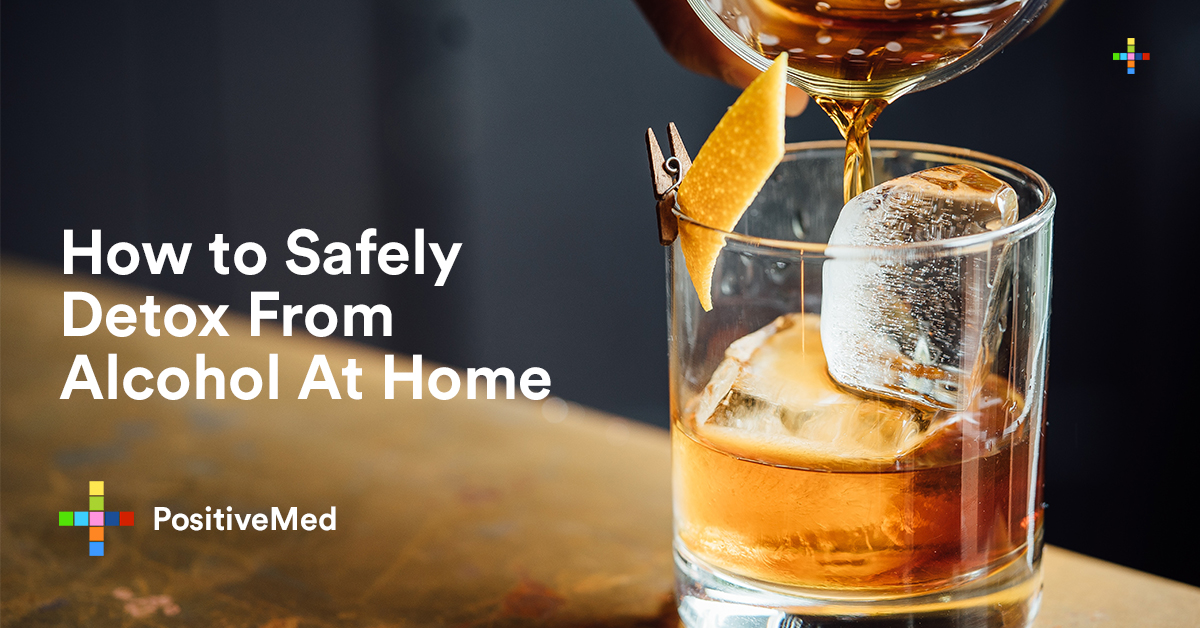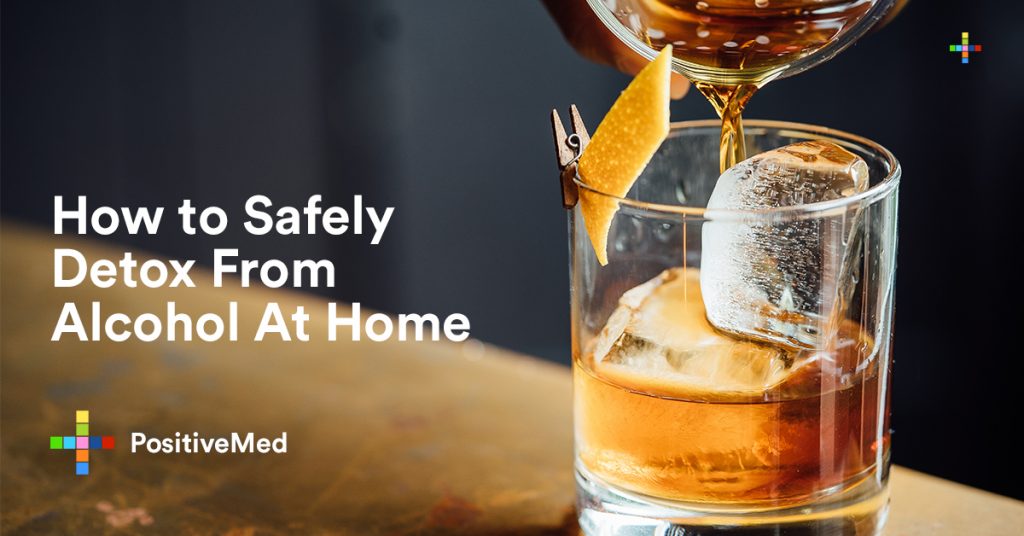If you happen to be an alcohol addict, it can reach to a point when you want to quit for good. You can no longer stand blacking out, wasting your cash, experiencing hangovers, and unable to tell what happened the previous night. You don’t want to upset your partner, friends, or family members again. Your main goal is to drop the habit. This happens to be the initial step toward recovery. The challenge is how to cope with alcohol detox.
Alcohol addiction not only affects the involved party, but also those around you. The good news is that the safest and fastest way to deal with it is to adopt a detox plan at the comfort of your home. However, it is worth keeping in mind that a home alcohol detox plan can be dangerous. That’s why most medical professionals recommend detox at a rehab facility if you are addicted.
Delirium tremens (DT) is one of the most dangerous symptoms of alcohol withdrawal. In fact, it is potentially fatal.
Quitting alcohol the cold turkey way isn’t a walk in the park and not many people can manage on their own. A detox plan along with an alcohol withdrawal treatment should be administered by medical experts at various rehab institutions all over the country.
Alcohol Detox at Home
If you are struggling with alcohol addiction, it is worth to consider detox from alcohol at home. Most people consider at-home detox because they can easily handle the painful experience. Although alcohol detoxification at home feels more comfortable, it can have some risks. It can develop to a serious medical situation with dreadful consequences.

A good number of alcoholics often try to self-detox at some point but may not succeed with the first attempt. Here are some of the things you should consider when detoxing at home:
Get rid of alcohol from your home
This sounds obvious but it is a critical step when self-detoxing at home. This will ensure that you don’t fall into temptations when you start experiencing withdrawal symptoms. It is also advisable to keep off from your alcoholic friends or visiting pubs.
Change your schedule
Not everyone can afford to change their schedule, but it is essential because you need to focus on your recovery. You may have to shift work for days or weeks to put off your responsibilities for a while and concentrate on this critical journey.
Seek support
Don’t think that you no support is required because you are detoxing at home. Involve a family member or a friend to ensure that you are safe throughout the process. They can be helpful in case your withdrawal symptoms worsen.
Diet During Alcohol Detox
You are most likely not to be focused on what to eat when withdrawing from alcohol. Healthy eating is critical because alcohol affects how food is metabolized and utilized by your body.
Stay Hydrated
Alcohol withdrawal can trigger a number of symptoms, such as loss of appetite, fatigue, depression, nausea, and vomiting. These symptoms typically last for up to 72 hours and can affect your eating ability. Staying hydrated during the early withdrawal stages is very important. Gelatin, ice pops, water, juice, and broth are some good options.
Eat a balanced diet
Eating a healthy diet with all the essential nutrients and minerals is recommendable when withdrawing from alcohol. Consume plenty of fruits, vegetables, whole grains, and lean protein.
Supplement with minerals and vitamins
Supplementing with minerals and vitamins helps to eliminate toxins from your body. They include multivitamins, vitamin B, vitamin C, vitamin E, calcium, and magnesium.
Final Word
Alcohol detoxing at home seems the best course if you have financial constraints although it can be a very risky route. The detox process involves withdrawal, and withdrawal can result in physical symptoms which can be very severe. It is therefore recommendable to have a medical professional you can contact in case of the uncertain.






